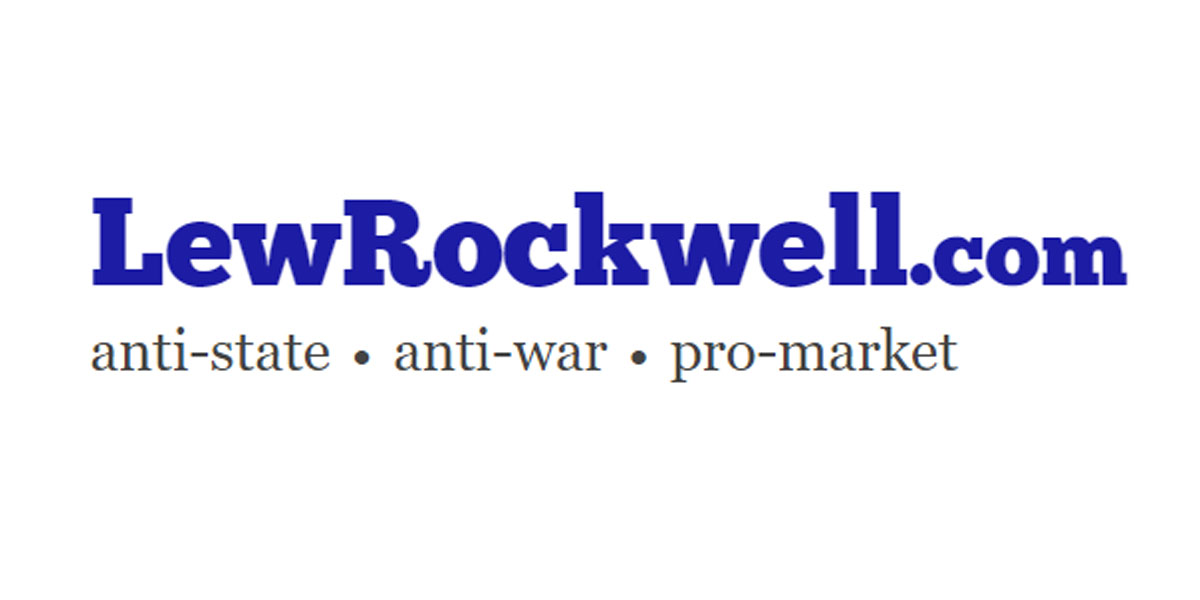By Wanjiru Njoya
Many who support state regulation of free markets claim that they are not against free markets, just against unregulated free markets. They argue that regulation is needed to mitigate the harm that may be suffered during market participation, such as people working long hours for low wages or suffering racial discrimination. As Ronald Hamowy explains in his introduction to Friedrich von Hayek’s “The Constitution of Liberty,” these arguments were influential in the rise of both welfare socialism and national socialism:
“It was generally thought that only through vigorous government intervention was it possible to forestall the more destructive aspects of unbridled capitalism, which, if left unchecked, would bring privation and misery to the great mass of people. Equally important, only government direction could galvanize and coordinate the productive facilities of a nation so as to minimize waste and maximize wealth creation.”
The premise that free markets require some form of regulation, so that the debate only concerns how much regulation is needed, strikes many people as superficially reasonable: This premise seems to call merely for moderation, balance, mitigation of harm and the absence of excess. This is usually seen as the basic role of law and regulation. Walter Williams explains that “people have always sought to use laws to accomplish what they cannot accomplish through voluntary, peaceable exchange” in the belief that if free markets do not yield their preferred outcomes, they can achieve those outcomes through law and regulation.
Politicians of all stripes uphold this premise, debating only what types of interventions are required and which should take priority. There is widespread consensus among social scientists on the need for a welfare state, with debate only concerning the precise form of welfare schemes. As Hamowy observes, many intellectuals gave Hayek’s “Constitution of Liberty” a frosty reception because it challenged their belief in the importance of the welfare state and market regulation: “Intellectuals in both Europe and the United States appear to have remained wedded to the view that an extensive welfare state was necessary to insure economic stability and the public’s social welfare and that any defense of free markets bordered on the crackpot, unworthy of comment.”
In the field of labor market regulation, interventions are not limited to protecting workers from privation and misery. Regulations may also be designed to protect vested interests, such as preventing entry into the market by participants who enjoy what is seen as an unfair competitive advantage, or designed for racial protectionism, to prevent demographic encroachment by other races…
READ FULL ARTICLE HERE… (lewrockwell.com)
Home | Caravan to Midnight (zutalk.com)






